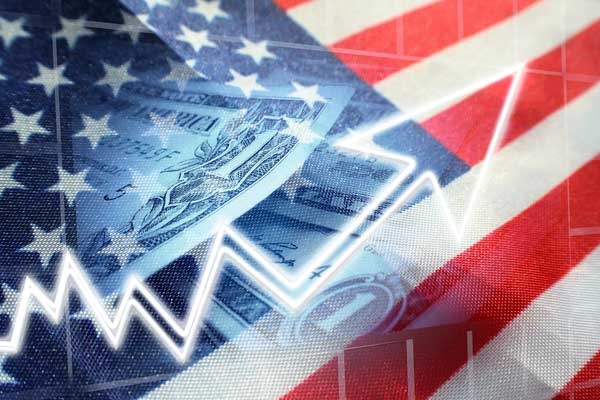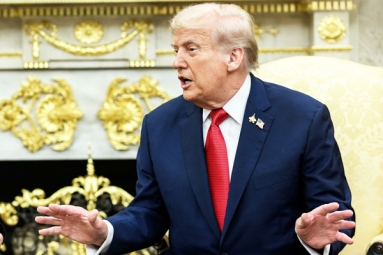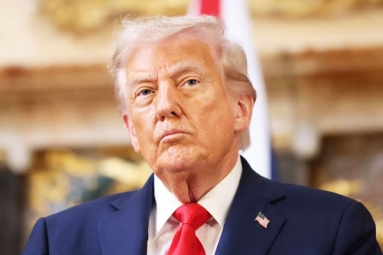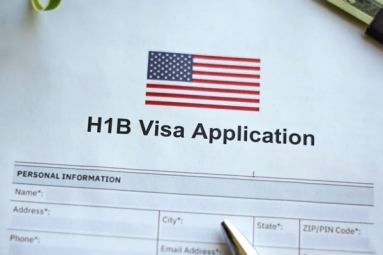
(Image source from: Canva.com)
US President Donald Trump disturbed many American hopes this weekend with a sudden choice to impose a $100,000 charge on skilled worker permits, known as H-1B visas. This led to a state of confusion and a quick reversal by the White House. Companies in Silicon Valley, which employ many immigrant workers in the US, warned their staff to avoid traveling abroad as foreign employees rushed to book flights, fearing they might not be allowed to return under the new rules. To ease the situation, the White House clarified that the high fee would only affect new applications and would be a one-time charge. However, economists think that Trump's action could do more harm to the US economy than it would to the immigrants. Analysts highlighted that American technology companies depend greatly on H-1B and other similar visas to recruit engineers, scientists, and programmers from abroad, especially from India. By raising the costs for these visas, the Trump administration is making it tougher for businesses to attract international talent, said Atakan Bakiskan, an economist at Berenberg, in a conversation with The Guardian.
He described this action as an example of the Trump administration's policies against growth and warned that the loss of skilled workers will significantly affect productivity. The Berenberg analysis firm recently reduced its prediction for US economic growth from 2 percent at the beginning of the year to 1.5 percent. Bakiskan cautioned that if Trump maintains his anti-immigrant stance, the 1.5 percent prediction "might soon seem too optimistic." He noted that investments in artificial intelligence probably won’t balance out the negative effects caused by losing skilled workforce due to strict immigration laws. Kathleen Brooks, the research head at XTB brokerage, mentioned that Amazon, Microsoft, Meta, Apple, and Google are among the companies that hire the most people on H-1B visas. "While these companies can manage the visa costs, other industries that also depend on H-1B workers, like healthcare and education, might have a hard time hiring in the future," she stated.
In recent years, Indian immigrants have been the majority in the H-1B program, representing over 70 percent of the recipients. Today, executives of Indian descent lead some of the largest US companies, including Google, Microsoft, and IBM, while Indian doctors constitute nearly 6 percent of the US medical workforce. Experts indicated that India might experience a brief shock, but the broader impact could be more severe in the US. Citing the IT industry group NASSCOM, the BBC reported that increasing visa fees could "disturb business continuity for certain onshore projects" in the US. According to the report, clients might seek changes in pricing or delay projects until legal issues are resolved, while businesses may reconsider their staffing strategies—moving work overseas, cutting back on local jobs, and being much more selective in sponsorship choices.
Indian outsourcing companies such as TCS and Infosys appear ready for this situation by creating local teams and moving services to other countries. According to Aditya Narayan Mishra from CIEL HR, a top staffing agency, Indian businesses may also transfer the rising visa expenses to their US customers. "Since employers are hesitant to bear the high costs of sponsorship, we might observe an increased dependence on remote contracts, services from abroad, and freelance workers."







